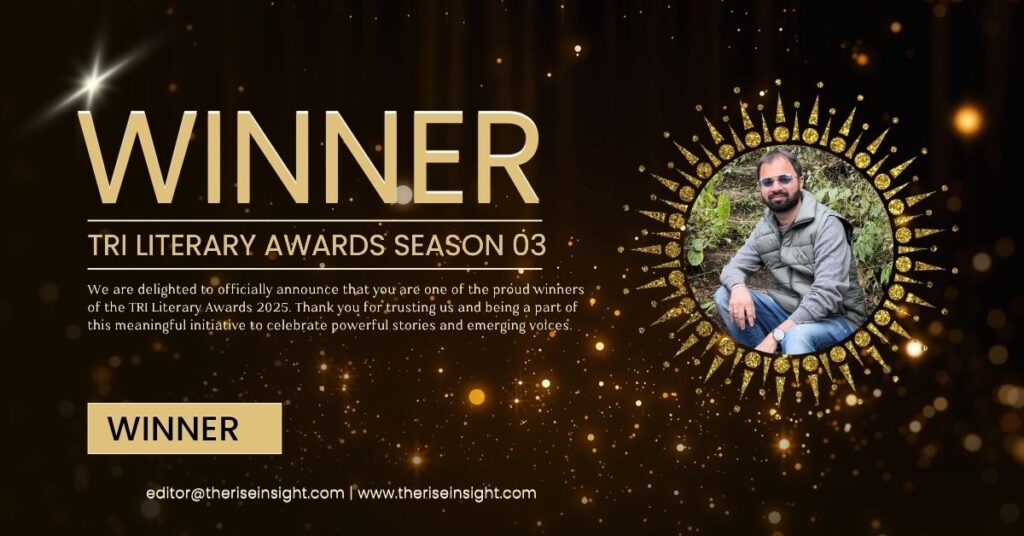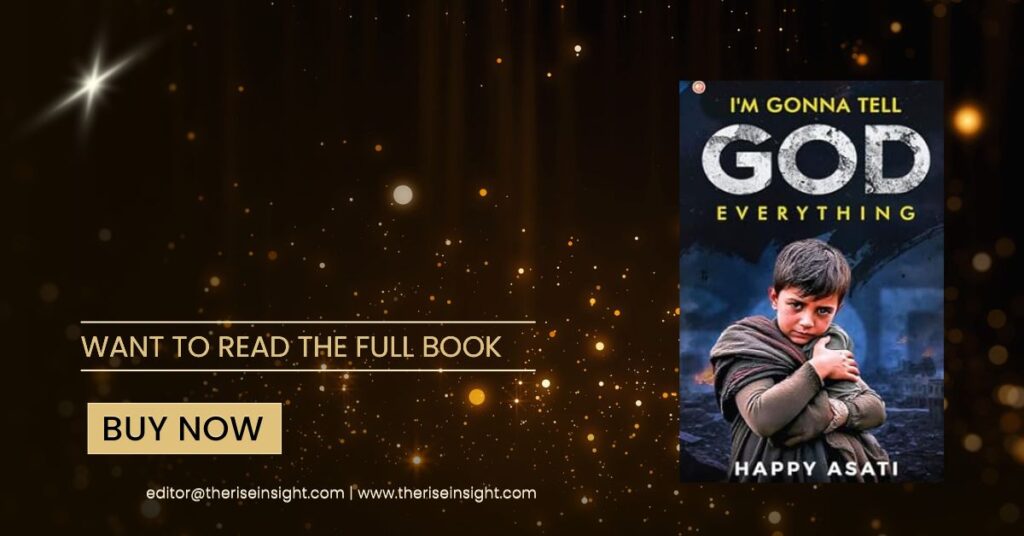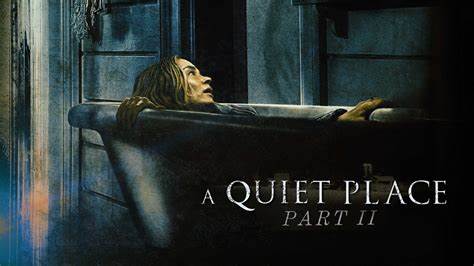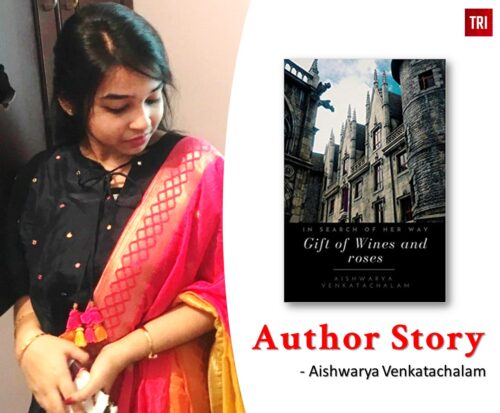
What an absolutely well-deserved honor for a debut that leaves not only a literary mark but an emotional imprint on the soul. Happy Asati’s I’m Gonna Tell God Everything is not merely a book—it’s an experience, a visceral journey that forces readers to sit with their discomfort, to question the horrors of our time, and to reimagine empathy through the eyes of a child.
From the very first page, it is evident that this novel is not written with the intention to entertain in the traditional sense. Instead, it serves a far more noble purpose: to humanize, to bear witness, and to give voice to those lost in the noise of political turmoil and destruction. Set in war-ravaged Syria, a place too often reduced to headlines and numbers, Asati’s tale brings us intimately close to the individual, the personal, and most crucially—the innocent.
Table of Contents
ToggleA Child’s Eyes in a World on Fire
The central figure, five-year-old Ahmed, is perhaps one of the most hauntingly beautiful protagonists I have come across in recent fiction. His character is a glowing ember of innocence amid ashes, and Asati masterfully captures the duality of childhood—its natural curiosity and boundless optimism—against the cruel backdrop of war. We see the world through Ahmed’s lens, which reframes everything: missiles become “angry birds,” the sound of drones turns into “metal bees,” and a bombed playground is no longer a battlefield but a “broken giant’s sandbox.”
Ahmed is not wise beyond his years, and that’s what makes him even more powerful. He is, quite simply, a child—yearning to play, to learn, to be loved. This contrast—the simplicity of his desires and the complexity of the world collapsing around him—makes his narrative arc devastating. By the time he utters those unforgettable words, “I’m gonna tell God everything,” the reader is already gasping for emotional breath. These are not just words; they are a child’s reckoning, a final plea that transcends religion, geography, and ideology.

A Mother’s Love, A Family’s Courage
Fatima, Ahmed’s mother, is a stunning portrayal of maternal strength. She is the shield between her child and the world, a woman grappling with the tension of preserving innocence while knowing the futility of such efforts in wartime. Her emotional restraint, her silent tears, and her fierce protection of Ahmed evoke a deep, quiet pain. Asati writes her not as a saint, but as a human—flawed, tender, tired, and brave. Her love is a blanket that warms the novel, even in its coldest moments.
Uncle Hassan, on the other hand, brings a more traditional arc of resistance and courage. A schoolteacher-turned-activist, Hassan represents the conscience of the community. He educates Ahmed not just academically, but emotionally—planting the seeds of resilience and hope. The interplay between him and Ahmed adds layers of warmth and emotional complexity to the book.
The Craft of Writing: A Balancing Act of Poignancy and Precision
What stands out most in I’m Gonna Tell God Everything is Happy Asati’s prose—sincere, deliberate, and piercingly emotive. There is no ornamental language here, no need to hide behind metaphors when the truth itself is poetic in its tragedy. The narrative voice is simple but eloquent, allowing readers to step into the shoes of each character without the interference of stylistic vanity. This is storytelling with a clear moral compass, and Asati doesn’t apologize for pulling at heartstrings—because he does it with respect, never manipulation.
The pacing is also worthy of praise. At just the right moments, Asati slows the tempo to allow us to feel the weight of silence, the dread of anticipation, the beauty of a fleeting laugh. And just as effectively, he picks up the momentum to thrust us into the chaos of an airstrike, or the disorienting confusion of displacement.
Inspired by a Real Image—And It Shows
The author notes that the book was inspired by the harrowing image of a wounded Syrian child, and that inspiration reverberates throughout every chapter. The realism, the pain, the helplessness—it all feels immediate. It’s one thing to write about war from a distance, and quite another to bring readers to the ground level, to make them hear the screams, feel the dust in their lungs, and ache with each loss.
But the brilliance of this novel lies not just in its depiction of war—it is in what it says about humanity. The story is a mirror, reflecting not just the faces of those suffering, but the indifference of those watching. It asks: Where were you when Ahmed was dying? And more chillingly, What will you do now that you’ve heard him speak?
The Global Response—A Fiction That Feels Real
As Ahmed’s final words go viral within the story, sparking protests and vigils across the globe, the novel subtly critiques the performative nature of outrage. Tweets and hashtags replace real action. Aid trickles in, but the bombs keep falling. This meta-commentary is done with elegance—it neither preaches nor accuses, but simply lays out the truth. It’s impossible not to think of real-world parallels: the viral photos of drowned toddlers, the videos of shell-shocked children in ambulances. We are all part of this narrative, and Asati makes sure we cannot look away.
A Lasting Message and a Timeless Impact
In literary terms, I’m Gonna Tell God Everything is a debut of rare maturity. It belongs on the same shelf as A Thousand Splendid Suns by Khaled Hosseini or The Kite Runner—books that don’t just tell stories, but open up entire worlds of emotional, cultural, and political resonance.
What Happy Asati accomplishes here is nothing short of extraordinary. He has taken the unspeakable and made it speak through the voice of a five-year-old. He has taken a single moment—one image, one child, one sentence—and expanded it into a universal plea for empathy.
And in doing so, he has created a novel that is not just to be read, but to be remembered.
Here is a heartfelt feedback from each of the nine reviewers after reading I’m Gonna Tell God Everything by Happy Asati:
1. Prashant Sahu:
Happy Asati’s debut left me completely speechless. As a father myself, reading about Ahmed’s innocence amid such unthinkable violence broke me. The writing is subtle yet powerful, and every page made me reflect on the fragility of life. This is not just a novel—it’s a wake-up call to humanity.
2. Sameer Gudhate:
The emotional depth in this book is overwhelming. Asati paints the war-torn landscape with such precision that I felt like I was walking beside Ahmed and his mother. The last line—”I’m gonna tell God everything”—still echoes in my heart. Rarely have I seen a debut so fearless and so profound.
3. Apeksha Gupta:
This novel devastated and inspired me in equal measure. The way Happy captures the psychology of a child caught in war is unlike anything I’ve read. I cried, I paused, I re-read passages just to feel their weight again. Ahmed’s story will stay with me forever. This is literature at its most humane.
4. Akansha Sinha:
I was not prepared for the emotional journey this book took me on. The prose is gentle, but the impact is thunderous. I found myself attached to Ahmed within pages, and by the end, I felt like I had lost someone close. Asati’s storytelling is compassionate, raw, and unforgettable.
5. Glenville Asbhy:
As a reviewer who has read many war-themed books, I must say this one is exceptional. What sets it apart is its heart. Happy Asati doesn’t focus on geopolitics—he focuses on people, especially one extraordinary child. Ahmed’s voice is haunting, and his story is a testament to storytelling as an act of remembrance.
6. Pooja Sahu:
This book shattered me. I don’t say that lightly. It’s poetic, it’s emotional, and it’s important. Fatima’s quiet strength reminded me of the unspoken burdens women carry during crises. And Ahmed—dear Ahmed—he gave war a name, a face, and a voice. I’ll never forget him.
7. Versha Singh:
Happy Asati writes with incredible emotional intelligence. What I loved most is that the book isn’t just about pain—it’s also about love, resilience, and the beauty that can still exist in broken places. I finished it in one sitting, and I know I’ll carry its lessons for a long time.
8. Shivangi Yadav:
This is a book that should be taught in schools. Not for its literary form alone, but for the empathy it cultivates. Ahmed’s journey changed how I look at news, at conflict, and at childhood itself. Happy Asati has written something that cuts across boundaries—and straight into the heart.
9. Kavita Kaushik:
Few books have moved me to tears like this one. The storytelling is so visual and evocative, I felt transported. The horrors of war are real, but Asati handles them with grace and restraint. “I’m gonna tell God everything” is more than a line—it’s a plea, a cry for justice, and a call to remember.
Final Thoughts
There are books you enjoy. There are books you recommend. And then there are books like I’m Gonna Tell God Everything—books that change you.
Happy Asati deserves every accolade, and perhaps more importantly, he deserves every reader. His writing is a clarion call to conscience, and his story—a child’s story—is one that must never be forgotten.
Let us not just congratulate Happy on winning the TRI Literary Award Season 3, but also thank him for bringing Ahmed’s voice into the world. In doing so, he reminds us of literature’s highest purpose: to give voice to the voiceless, and to awaken the humanity that resides within us all.




